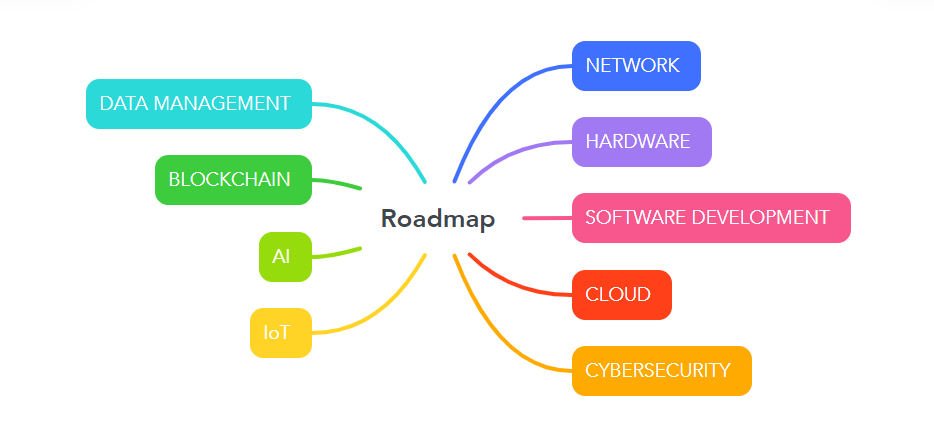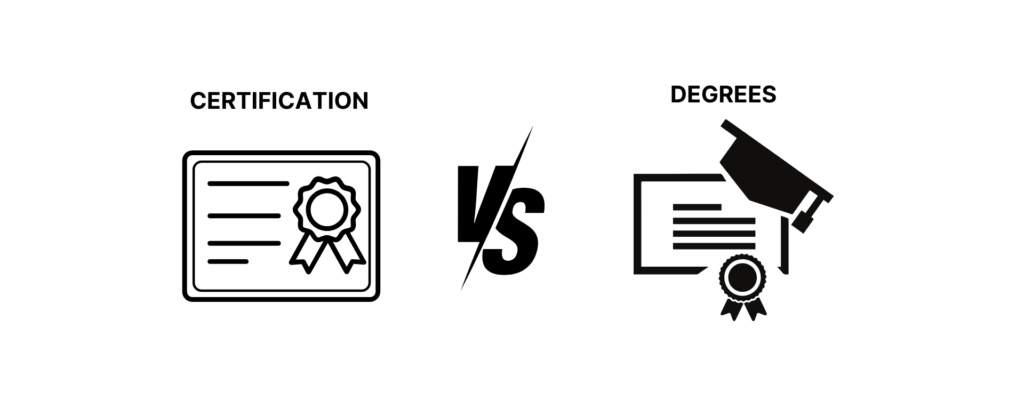
Before the roadmap, read this history: On a Saturday afternoon, Alex and his buddy Jonas decide to head downtown to spend some cash. Alex is a nurse, and Jonas does software development. The pals walk into an old thrift shop, founded back in 1960 by old Mr. Norman. Once inside, they catch sight of an argument going on between Mr. Norman and this not-so-patient customer with her daughter, who’s clutching a dress. The customer’s all worked up because she’s in a hurry, she needs to get going, but the checkout printer’s on the fritz. She can only leave once she gets the printed receipt (Mr. Norman’s rules). “My daughter has a toothache, and I’ve already paid, just wrap up my stuff. I gotta go!” she snaps back loudly, while Mr. Norman goes on about store policy. The store clerk is hitting every button on the printer, taking out paper, putting it back in, doing everything to get it to work. Then, Alex steps up and says, “Guys, my friend here works with tech, he can fix the printer…”
Jonas is taken aback, looks at his friend and goes, “How could you say that? I’m a programmer, I have no clue how to fix this thing,” Alex fires back, “What do you mean? You’re in IT and can’t fix a printer?” Jonas replies, “That’s like saying because you’re a nurse you should fix her daughter’s tooth.” “Don’t be ridiculous, I don’t do teeth… Oh, I get your point.”
If you’ve ever known someone who works in IT (Information Technology), you’ve probably thought something like Alex: that this person likely “does it all” when it comes to technology—fixing printers, changing the Wi-Fi password, repairing monitors, setting up email, removing viruses, enlarging the screen font, and stuff like that. But contrary to what Alex (or you) might think, this field is highly segmented. That’s why you should get to know the technology roadmap: a guide that helps you understand the paths of each career and how specialized they are.
WHAT IS A ROADMAP

A roadmap is a guide that shows you possible paths to follow depending on your area of interest. Look at the image and see how many areas there are in the world of technology. If your intention is to start a career, these are the main areas. Each has its own sub-categories. The vast majority do not work in isolation; often, you need to understand, at least superficially, subjects from other areas to deepen your knowledge in one specific area, or it might even be necessary to have a prerequisite in an area that isn’t your main one, just to understand your primary field. An example is cybersecurity: you need at least to understand the basics of the Networking area to progress in cybersecurity, as well as it’s desirable to have basic programming knowledge and understand how systems work, and for that, you need to know a bit about software development.
Another case would be: you have a brilliant idea for an artificial intelligence product that suggests wines or wineries near you. After some research, you find out that your customers would like a website created to use the application. This involves, besides AI, the areas of software development (where the website creation comes in), network (you need to host your software on a domain.com for your clients to access), and if your software is very robust, there will also be demand in the area of cybersecurity (to protect data and prevent attacks) and data management (you’ll need a database to store your customers’ data and perhaps to view statistics for potential product sales in the future). This also involves areas not entirely correlated with the roadmap shown, like management and digital marketing. If Alex knew this, he wouldn’t have suggested that Jonas fix the printer. Printers are fixed by hardware technicians, not by developers.
WHY YOU NEED A ROADMAP
Imagine the following scenario: You’re standing in an empty room, and your instructor tells you to just walk around the room, so you start moving. After a while, the instructor places a chair in your path. What do you do? You’ll probably sit down on the chair.
Now let’s change the scenario a bit: Your instructor tells you to go to the opposite corner of the room. You start moving, and shortly after, he places a chair in your path. What will you do? You’ll go around the chair and keep walking to the corner because now you have a goal.
The big lesson here is that when we don’t have goals, we stop at the first obstacle we encounter because we have no direction, no specific path to follow.
GETTING TO KNOW EACH CAREER
Out of curiosity, the Helpdesk job is chosen by many who just want to start in the field because it doesn’t require much technical knowledge like the rest; generally, simple computer skills are enough to start, as well as customer service and ticket management in a call system (but you can learn these last two as you spend more time in the company).
The most well-known sector without a doubt is development; this is where you become a programmer. In this area, there are several career options such as app developer (Android and iOS), website developer, game developer, among many others. To start a career in this area, you first need to understand algorithms, their behaviors, and structures so that you can then learn a programming language like Python, PHP, Java, C, C#, C++, JavaScript, and many others (seriously, there are many). But remember that each language has its advantages and disadvantages in relation to your goal. For example, if you intend to build an Android app, prefer Java or Kotlin instead of Python; on the other hand, if you intend to build a blog or dynamic sites, opt for JavaScript/Python or PHP instead of Java. Remember: each project has specific demands, and you should research beforehand and consider the technology that will facilitate your work to meet those demands.
Here are some specific roadmaps suggestions for some of the areas mentioned above. But don’t just stick to these; use the internet to delve deeper into the area you’re interested in.
Development: https://roadmap.sh
Cybersecurity – https://cybersecurityguide.org/resources/cybersecurity-jobs/
Cloud – https://dev.to/envitab/roadmap-to-learning-cloud-computing-3nal
Network – https://www.linkedin.com/pulse/roadmap-becoming-network-engineer-2024-2025-md-abu-sayed-jzpbf/
Data Management – https://blog.gopenai.com/roadmap-to-becoming-a-data-scientist-in-python-a-beginners-guide-cd0d9e4f96d5
Blockchain – https://www.blockchain-council.org/blockchain/blockchain-developer/
AI – https://www.reddit.com/user/digi-manisha15/comments/164gjoo/ai_engineer_roadmap/
SALARY

Technology field salaries are quite attractive, and if you are a well-qualified professional, the salary can reach very high values. The figures vary greatly according to your professional level, sector, and the company you work for. The sectors that traditionally offer better remuneration are: the cybersecurity sector, the artificial intelligence and machine learning sector, and the high-level software engineering sector. If you’re looking for exact figures, search on sites like Glassdoor and Indeed, which aggregate salary data reported by users. Spoilers: some can exceed $100,000 per year.
Google it: Machine learning engineer salary Glassdoor
CERTIFICATIONS vs DEGREES

In the technology field, it’s common for companies to ask for certifications as requirements for job vacancies. Some even overlook the fact that you don’t have a college degree, but this heavily depends on where you live; it’s recommended that you have both. A certification proves your knowledge of a product or technology through exams and proficiency tests. Whereas a college degree not only provides foundational knowledge but also opens opportunities for you to make connections and network with other people, increasing the chances of being recommended for positions, as well as enhancing your resume.